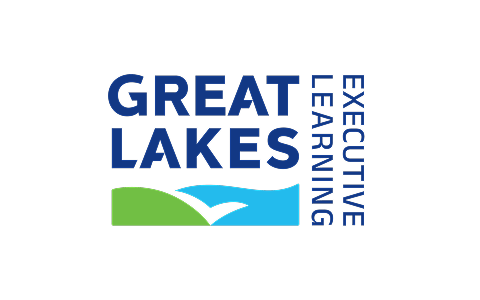Free Professional English Speaking Course Online
Smart English Basics for Professionals
Learn professional english from basics in this free online training. This is hands-on course from experts. Enroll in professional english speaking course. Get a completion certificate. Learn from other 1000+ free courses.
Instructor:
Marina Chatterjee
Ratings
Level
Learning hours

Learners
Skills you will learn
About this course
English holds an extremely important position in how we communicate, both informally as well as formally and communication works best when the other person understands you, and that’s why it’s essential to be equipped with vocabulary that explains what you are trying to communicate. Smart English Basics For Professionals helps you get started on the right note with business communication, an extremely important facet to consider when working in a formal environment. This course will help you improve your business communication in a professional environment. Each module of this course has been designed to address specific areas of communication - speaking during meetings or interviews, drafting emails, speaking in person or over the phone, and the best body language practices. After completing this course you will be able to express yourself effectively and communicate better with your current or potential employers, and colleagues.
 UPGRADE
UPGRADE
Recommended university programs
Our course instructor

Marina Chatterjee
Assistant Manager - Content Marketing
Frequently Asked Questions
Will I receive a certificate upon completing this free course?
Is this course free?
Is the Smart English Basics for Professionals course a certification course?
Will I get a certificate after completing this English Speaking Course free course?
Yes, you will get a certificate of completion for English Speaking Course after completing all the modules and cracking the assessment. The assessment tests your knowledge of the subject and badges your skills.
How much does this English Speaking Course course cost?
It is an entirely free course from Great Learning Academy. Anyone interested in learning the basics of English Speaking Course can get started with this course.
English Basics for Professionals
As a professional, having a strong grasp of English basics is essential for effective communication, whether it's in writing or speaking. English is widely used as the primary language of international communication, and being proficient in it can open up many opportunities in various industries, from business to science and technology. Here are some key areas to focus on:
Grammar: Good grammar is essential for clear communication. This includes understanding the parts of speech (such as nouns, verbs, adjectives, and adverbs), sentence structure, and proper use of punctuation. Having a solid foundation in grammar rules can help you avoid common mistakes and ensure that your writing and speaking are clear and easy to understand. Some common grammar mistakes to avoid include subject-verb agreement, pronoun usage, and dangling modifiers.
Vocabulary: Building a strong vocabulary is important for expressing yourself clearly and concisely. It's also helpful for understanding others and avoiding misunderstandings. Reading regularly, learning new words, and reviewing the meanings of unfamiliar words can all help you expand your vocabulary. However, it's important to use vocabulary appropriately and avoid using overly complex or technical terms that your audience may not understand.
Spelling: While spell-checkers and autocorrect features can be helpful, they are not foolproof. It's important to have a basic understanding of spelling rules and be able to recognize common spelling errors. Some common spelling errors include confusing homophones (words that sound the same but have different spellings and meanings), adding unnecessary letters or omitting necessary ones, and mixing up vowels and consonants.
Pronunciation: Clear and accurate pronunciation is important for effective spoken communication. Pronouncing words correctly can help you avoid misunderstandings and convey your message clearly. One way to improve your pronunciation is to listen to and imitate native English speakers. You can also use online resources or language learning apps to practice your pronunciation.
Writing: Writing skills are important for many professions, from business to academia. Good writing should be clear, concise, and well-organized. It's important to understand the purpose and audience of your writing and tailor your writing style accordingly. Some tips for effective writing include using active voice, avoiding unnecessary jargon, and using transitional phrases to connect ideas.
Speaking: Effective verbal communication is important in many professional settings, such as meetings, presentations, and interviews. Good speaking skills involve not only clear pronunciation but also the ability to convey your message effectively and engage your audience. Some tips for effective speaking include using appropriate body language, maintaining eye contact, and using pauses and emphasis to emphasize key points.
Listening: Being a good listener is just as important as being a good communicator. Active listening involves paying attention to the speaker, asking clarifying questions, and responding appropriately. It's important to avoid interrupting the speaker, jumping to conclusions, or being distracted by other things while listening.
Cultural sensitivity: English is used in many different cultural contexts, and it's important to be aware of cultural differences that can affect communication. This includes understanding cultural norms and values, avoiding assumptions or stereotypes, and using appropriate language and tone.
In conclusion, having a strong grasp of English basics is essential for effective communication in many professional settings. By focusing on areas such as grammar, vocabulary, spelling, pronunciation, writing, speaking, listening, and cultural sensitivity, professionals can improve their communication skills and enhance their career prospects. There are many resources available for improving English skills, including online courses, language learning apps, and language exchange programs. With dedication and practice, professionals can become confident and effective communicators in English.































.jpg)









